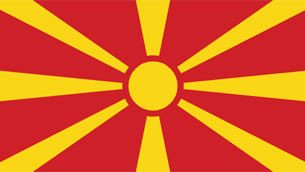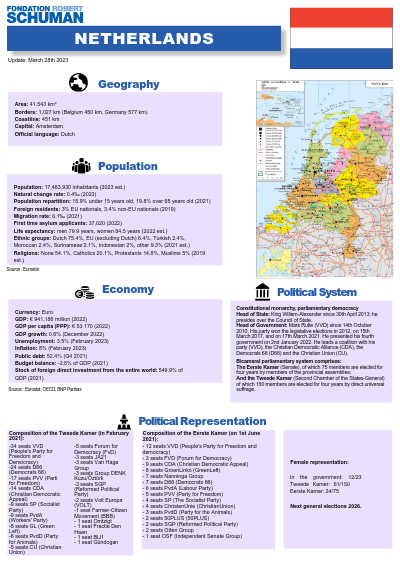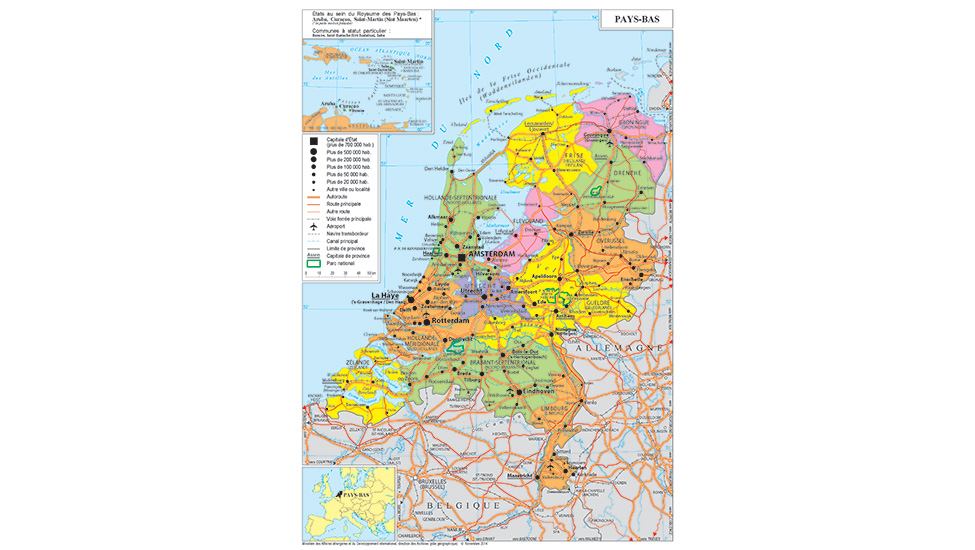
Geography
Area : 41.543 km²
Borders : 1,027 km (Belgium 450 km, Germany 577 km)
Coastline : 451 km
Capital : Amsterdam
Official language : Dutch
Flag
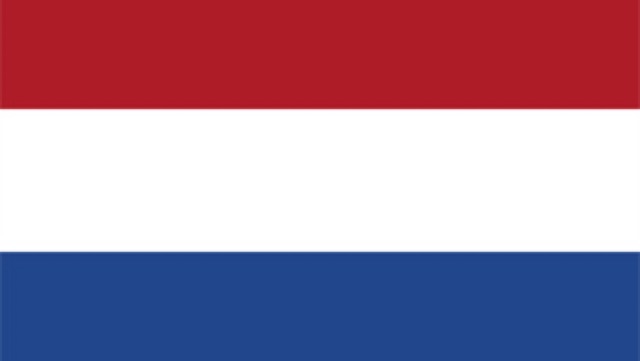
Population
Population : 17,772,378 inhabitants (2024 est.)
Crude natural change rate : 3.9‰ (2024 est.)
Population repartition: 15.2% under 15 years old, 20.5% over 65 years old (2024 est.)
Foreign residents: 3% EU nationals, 3.4% non-EU nationals (2019)
Crude net migration rate: 3‰ (2024 est.)
First time asylum applicants: 31,925 (2025)
Life expectancy: men 80.3 years old, women 83.5 years old (2024 est.)
Religions: None 54.1%, Catholics 20.1%, Protestants 14.8%, Muslims 5% (2019 est.)
Ethnic groups: Dutch 75.4%, EU (excluding Dutch) 6.4%, Turkish 2.4%, Moroccan 2.4%, Surinamese 2.1%, Indonesian 2%, other 9.3% (2021 est.)
Source : Eurostat
Economy
Currency: Euro
GDP: € 1,122,489.0 millions (2024)
GDP per capita (PPS): € 50,880 (2024)
GDP growth : 1.1% (2024)
Inflation: 3.1% (October 2025)
Public debt: 43.7% (December 2024)
Unemployment: 4% (October 2025)
Stock of foreign direct investment from the entire world: 516.2% of GDP (2022)
Budget balance: 0.7% of GDP (December 2024)
Source : Eurostat, OECD, BNP Paribas
Political system
Constitutional monarchy, parliamentary democracy
Head of State: King Willem-Alexander since 30th April 2013; he presides over the Council of State.
Head of Government: Dick Schoof (unaffiliated) was appointed Prime Minister on 28th May 2024. He took office on 2nd July 2024 and leads a PVV, VVD, NSC and BBB. On June 3, 2025, PVV party leader Geert Wilders announced his party's withdrawal from the ruling coalition, bringing down the government.
Bicameral parliamentary system comprises: The Eerste Kamer (Senate), of which 75 members are elected for four years by members of the provincial assemblies; And the Tweede Kamer (Second Chamber of the States-General) of which 150 members are elected for four years by direct universal suffrage.
Political representation
Composition of the Tweede Kamer (in November 2023):
- 26 seats PVV (Freedom Party, extreme right)
- 20 seats GL-PvdA (Green Left-Worker's Party)
- 22 seats VVD (People's Party for Freedom and Democracy)
- 20 seats NSC (New Social Contract, Christian Democrats)
- 26 seats D66 (Democrats 66)
- 4 seats BBB (Farmer-Citizen Movement)
- 18 seats CDA (Christian Democratic Appeal)
- 3 seats SP (Socialist Party)
- 3 seats Denk
- 3 seats CU (Christian Union)
- 7 seats FvD (Forum for Democracy, populist)
- 3 seats SGP (Reformed Political Party, conservative)
- 3 seats PvdD (Party for Animals)
- 1 seat Volt (European Federalist)
- 9 seats JA21 (populist)
Composition of the Eerste Kamer (on 30th May 2023)
- 16 seats BBB (Farmer Citizen Movement)
- 14 seats GroenLinks-PvdA (GreenLeft-Labour Party)
- 10 seats VVD (People's Party for Freedom and Democracy)
- 6 seats CDA (Christian Democratic Party)
- 5 seats D66 (Democrats 66)
- 4 seats PVV (Party for Freedom)
- 3 seats SP (The Socialist Party)
- 3 seats CU (ChristianUnion)
- 3 seats PvdD (Party for the Animals)
- 3 seats JA21 (The Right Answer 21)
- 2 seats FVD (Forum for Democracy)
- 2 seats SGP (Reformed Political Party)
- 2 seats Volt
- 1 seat 50PLUS (defending pensioners)
- 1 seat OPNL (Independent Politics Netherlands, regionalist)
Women's representations
- In the government: 7/16
- Tweede Kamer: 65/150
- Eerste Kamer: 30/75
Next Elections:
On The Same Theme
Country Sheet
Country Sheet
Country Sheet
Country Sheet
Country Sheet
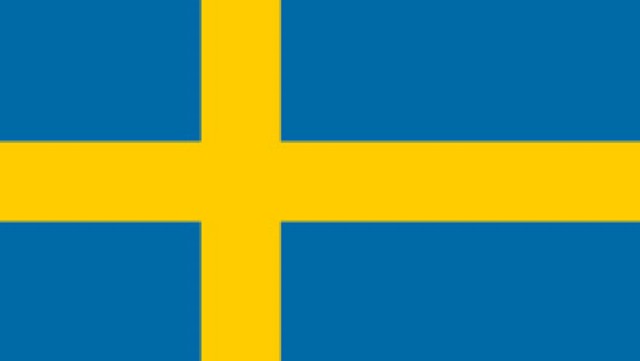
Country Sheet
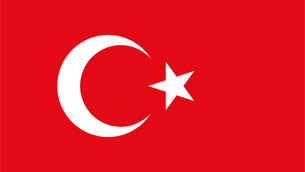
Country Sheet
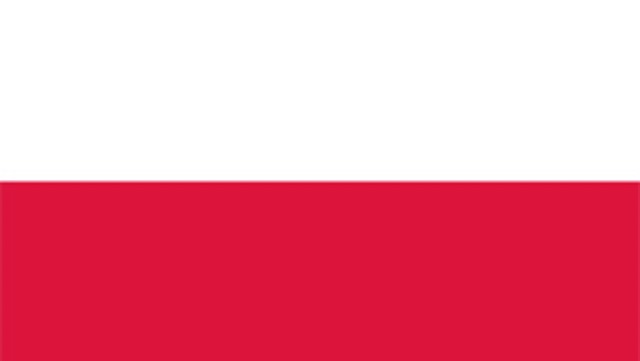
Country Sheet
